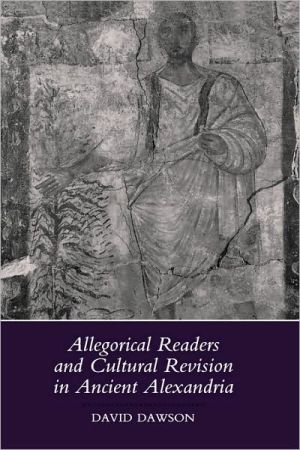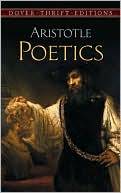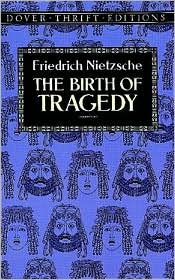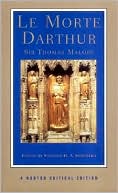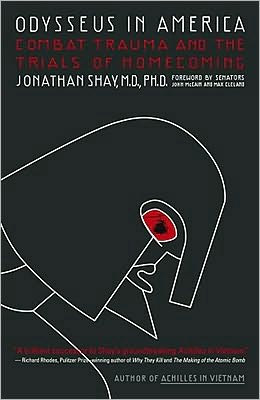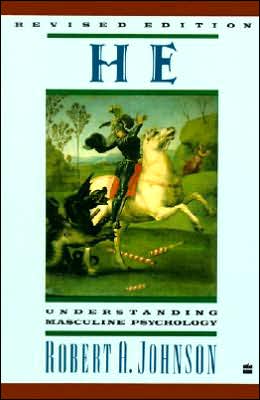Allegorical Readers and Cultural Revision in Ancient Alexandria
Allegorical readings of literary or religious texts always begin as counterreadings, starting with denial or negation, challenging the literal sense: "You have read the text this way, but I will read it differently." David Dawson insists that ancient allegory is best understood not simply as a way of reading texts, but as a way of using non-literal readings to reinterpret culture and society. Here he describes how some ancient pagan, Jewish, and Christian interpreters used allegory to...
Search in google:
"This approach to allegory, which discriminates among past disputes and present positions, will confirm . . . that the varying sociocultural functions of allegory . . . needed the fuller exposition Dawson has given them."—Frank Kermode"During the last few years scholars have, really for the first time, begun to take allegorical interpretation seriously as a subject of study. Dawson's book is the best so far. He is careful to situate allegory historically as a cultural practice. Allegory is not a technique of willful misreading or subjective play. It is the way ancient Alexandria, made up as it was of multiple conflicting traditions and incompatible forms of life, made sense of itself. Dawson's close study of how ancient writers actually worked—how they studied and thought—is a model of historical and critical research. Classicists, literary and cultural critics, biblical scholars and theologians of every tradition will have much to learn from this superb and beautifully written book."—Gerald L. Bruns, University of Notre Dame
AcknowledgmentsIntroduction11Pagan Etymology and Allegory23Ancient Myth and Stoic Etymology24Reading Homer as an Allegorical Poet38Opposition to Etymology and Allegory522Philo: The Reinscription of Reality73Jewish Allegory and Hellenism74Representation and Textualization83The World within the Text1133Valentinus: The Apocalypse of the Mind127Allegorical Interpretation as Composition129Mystical Vision and Allegorical Revision145Christian Initiation and the History Within1704Clement: The New Song of the Logos183Logos Theology as Allegorical Hermeneutic186The Antecedent Voice of Cultural Classics199Sectarianism and Domesticated Gnosis219Afterword235Notes241Bibliography297General Index319Scripture Passages Cited333Ancient Passages Cited335
